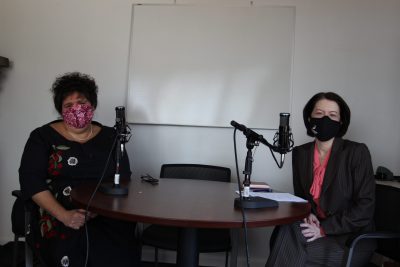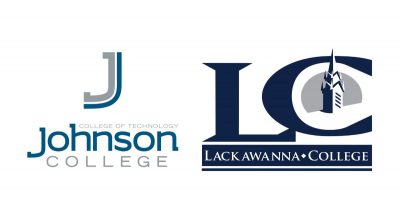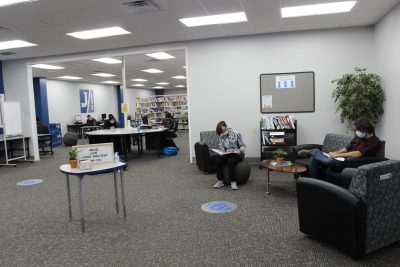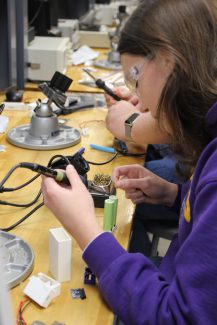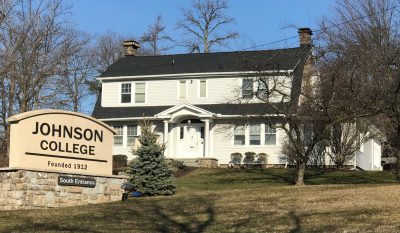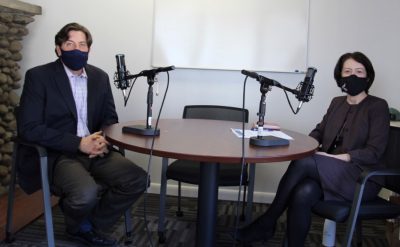In this episode of Tech Talk with Johnson College, Dr. Katie Leonard welcomes Michele Bannon, City Clerk for the city of Carbondale. They discuss Michele’s 27-year career in public service and the amazing perspective she has gained along the way. As well as her commitment to the non-profit NeighborWorks and the benefits that come from being a part of something bigger than yourself. To listen to all of the Tech Talk with Johnson College Podcast episodes and learn more visit https://johnsoncollegepodcast.com/. The podcasts are also available on iTunes and Spotify.
Michele Bannon is the daughter of Rita Enslin Bannon and Gerald Bannon. She has four brothers and one sister, two nieces, two nephews, and two God Children. Michele is a 1987 graduate of Carbondale Area High School. She earned a Bachelor of Arts degree in Psychology, Political Science, and Public Administration from Wilkes University in 1991. She has served as City Clerk for the City of Carbondale since 1994.
Michele enjoys participating in all aspects of the Community. She finds great joy in sharing her gifts and time. She is madly and passionately in love with her wonderful family and friends along with many Fairy Godchildren. They are the source of who she is as a human being. They make her life very full.

